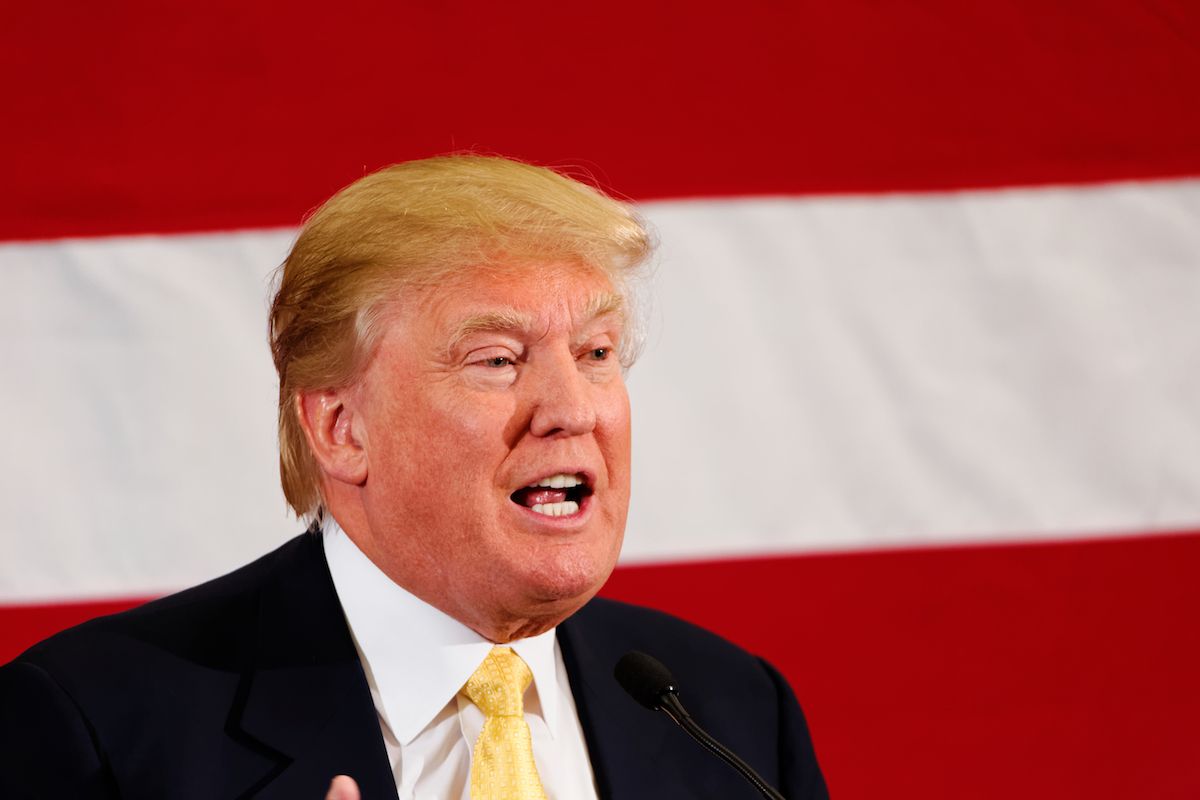
Well, I guess it's news now: the New York Times is calling it for the end of the Republican party (and not on the editorial pages!). Party leaders are increasingly worried that the Republican party will split into two factions, a nativist/religious side and a free-trade/pro-government branch (as if it hadn't already been split for two decades).
They are probably right to some degree. It seems that the alliance formed between cultural conservatives and working-class white voters along with business elites in the mid-to-late 20th century is simply no longer viable. There are just too many points of disagreement to come to a consensus of exactly what the party platform should really include.
While the NYT took a narrow view of the problem, Republicans don't have a monopoly on potential disintegration. The continuing success of Bernie Sanders is complicating things for Democrats as well. While the language on the left these days tends to be less strident (and gets less publicity to boot than The Donald), there remains a gulf of difference between Sanders and Clinton, and really, Sanders and mainstream Democratic policymakers.
What's happening? The disintegration of our politics has been blamed on the widening income gap -- which it is -- but I think that is only a symptom of the problem. The real divide is really between what might be termed globalists and nativists (or Americanists if you think nativists sounds too pejorative).
Globalists advocate for free trade, benefit from broad, multicultural education, and love to travel and experience the world. They probably hold a "creative class" job and live in cities, although not exclusively. Their worldview comes directly from the core of economics: the pie can always get larger and we can always have a larger slice. Enthusiasm for technology change therefore runs high.
Nativists, on the other hand, are against free trade, arguing that it kills American jobs and their associated communities. They tend to want to travel inside the country, and are less likely to live in cities. Technology change may be enjoyed at home, but at work, it can be downright frightening. Change is seen as bad, if only because the change of the last three decades has almost been entirely in the negative column.
Both parties used to have factions of globalists and nativists, but now, we are seeing those signals scramble. Elite Democrats and Republicans have far more in common with each other than they do with either the Sanders or Trump camps. That has convulsed the electorate as voters search for the candidate, and ultimately, party that will represent their interests.
There in lies the opportunity for 2016. People are in a searching mood. They are ready to consider different arrangements of politics, since the only consensus seems to be losing out. In short: I smell a potential realignment.
2016 has scared a number of my friends, but I am excited about the opportunity. Political disintegration has the potential to create whole new organizations that are more reflective of the electorate today than they have been the last few years.
We haven't truly had a realignment election since 1964 -- maybe we will finally get one this year?
Image by Michael Vadon used Creative Commons